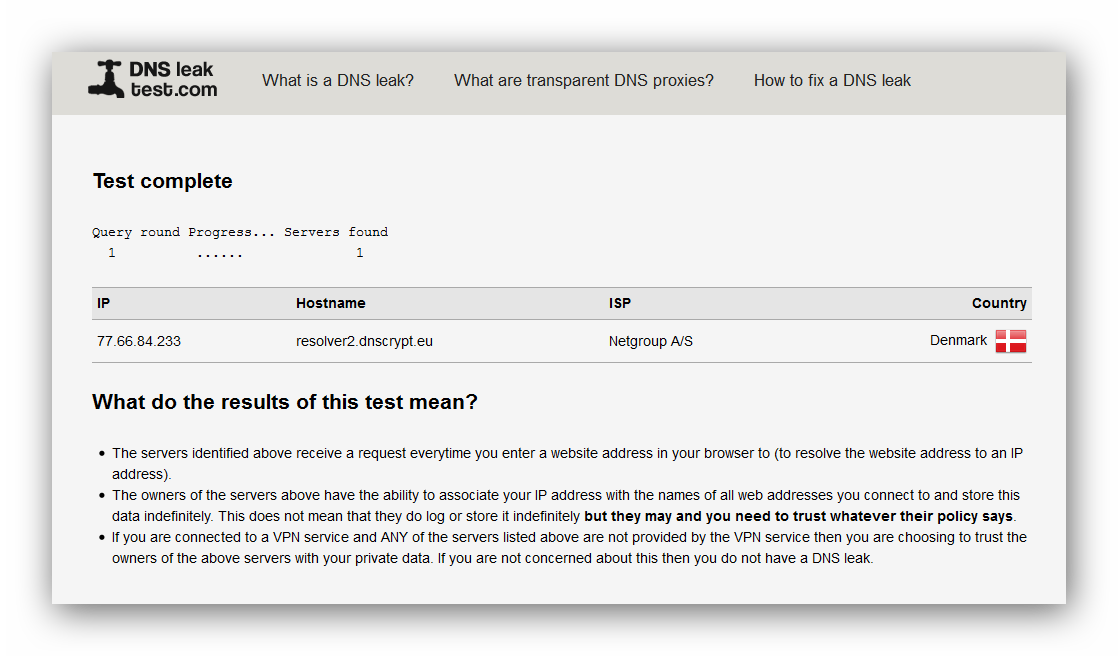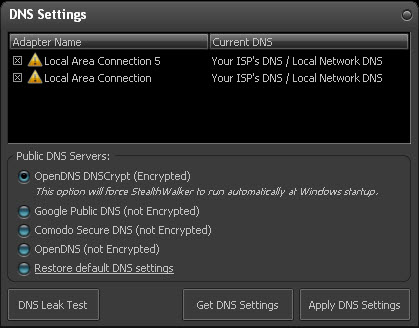
But it doesn't prevent someone from filtering those requests based on content or capturing the addresses within them with packet capture or deep packet-inspection gear. Just using a non-logging DNS service helps to some degree. (Unless, of course, your parents happen to be seasoned Linux command-line users.) All of them can work, but let me warn you: while it's getting easier, choosing the encrypted DNS route is not something you'd necessarily be able to walk Mom or Dad through over the phone today. And overcome by my inner lab-rat, I ended up testing and dissecting clients for multiple DNS providers using three of the established protocols for DNS encryption: DNSCrypt, DNS over TLS, and DNS over HTTPS. And not all of the services are created equal in terms of software support and performance.īut with consumer data as product all over the news as of late, I set out to see just how to get Cloudflare's encrypted DNS service working.

No operating system currently directly supports any of the encrypted DNS services without the addition of some less-than-consumer-friendly software. Advertisementįurther Reading New “Quad9” DNS service blocks malicious domains for everyoneįor users, taking advantage of encrypted DNS services from Cloudflare or any other privacy-focused DNS services is not as easy as changing a number in network settings. But APNIC won't have access to the encrypted DNS traffic in this case, either. APNIC wants to use traffic data to point to the IP address, which has the unfortunate legacy of being a dumping ground for "garbage" Internet traffic, for research purposes, according to APNIC's Geoff Huston. But encryption doesn't necessarily mean that your traffic is invisible some encrypted DNS services log your requests for various purposes.Ĭloudflare has promised not to log individuals' DNS traffic and has hired an outside firm to audit that promise. While executed with some unique Cloudflare flare, 1.1.1.1 isn't the first encrypted DNS service by any means- Quad9, Cisco's OpenDNS, Google's 8.8.8.8 service, and a host of smaller providers support various schemes to encrypt DNS requests entirely. While it's also available as an "open" conventional DNS resolver (and a very fast one at that), Cloudflare is supporting two encrypted DNS protocols.

Named for its Internet Protocol address, 1.1.1.1 is the result of a partnership with the research group of APNIC, the Asia-Pacific Internet registry. This new offering also promised a way to hide DNS traffic completely from view-encryption. And on April 1 (not a joke), Cloudflare launched its own new, free high-performance authoritative DNS service designed to enhance users' privacy on the Internet. "Open" DNS services provide a way of bypassing ISPs' services for reasons of privacy and security-and in some places, evading content filtering, surveillance, and censorship. Further Reading Goodbye, net neutrality-Ajit Pai’s FCC votes to allow blocking and throttling


 0 kommentar(er)
0 kommentar(er)
